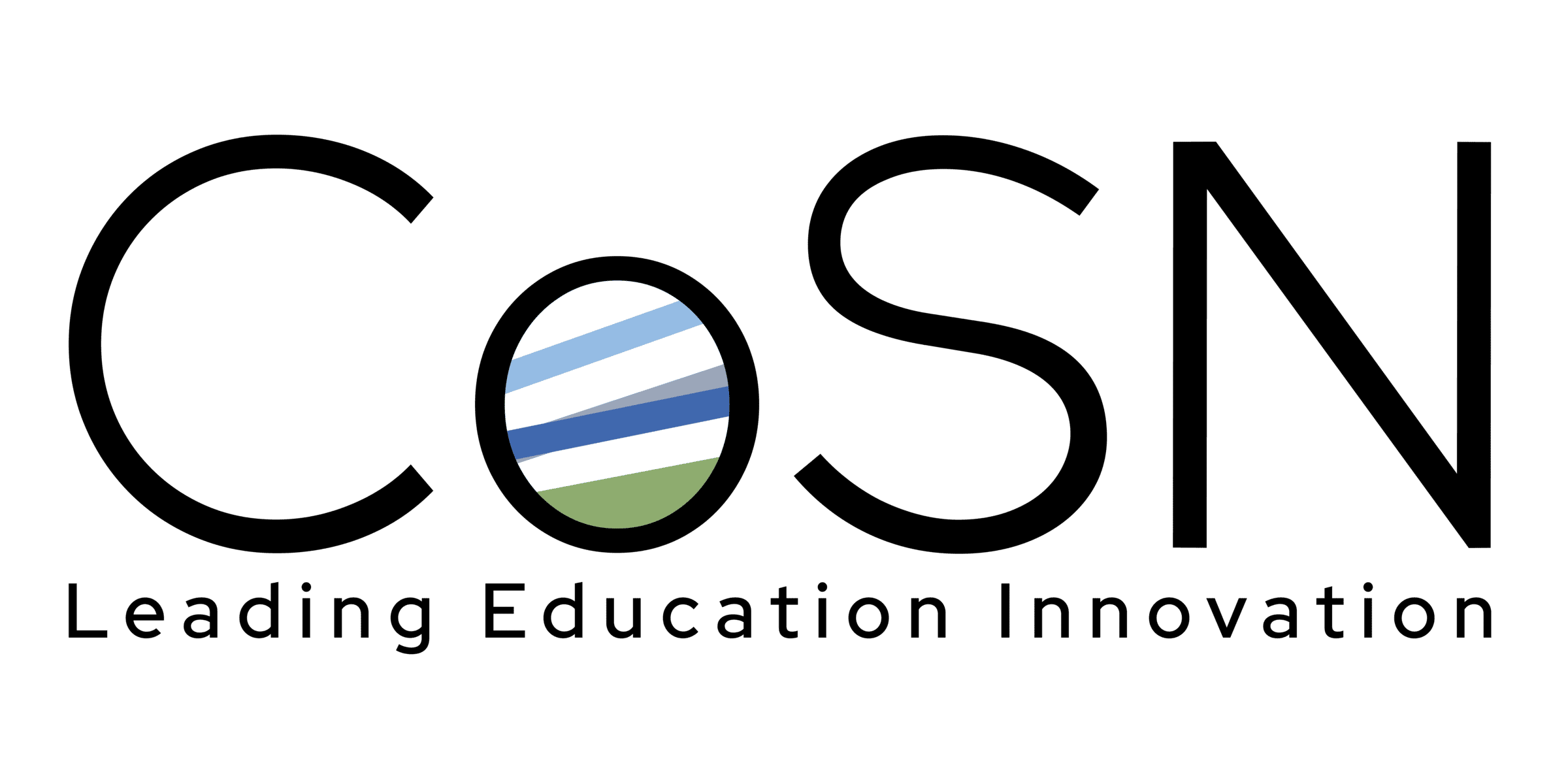Ed tech leaders tend to use the terms peer review and technology audit interchangeably, but they are very distinct tools with different origin, purpose and application. Given the choice, I would opt for a peer review.
A Peer review is a proactive Leadership tool designed to nurture development, not shut it down. Is there any reason why you would pass on the opportunity to invite several colleagues from similar size school systems, with very similar technology issues as you, to help you problem solve and plan for the future? Your peers understand your priority issues and peer ideas might help you to think a little differently about a problem in need of a new solution.
In the 2018 CoSN IT Leadership Survey we were able to make two observations about Peer Reviews in general. First, only 25% of the Ed Tech leaders (n=538) responding to this survey had completed a Peer Review in the past, so it is reasonable to conclude that the review is reasonably new to our community. Second, from the 25% that had completed a Peer Review, 79% had a positive experience with the process.
Technology audits are often reactive tools used to identify the root cause of technology problems or a problem that was not addressed appropriately at the onset. Peer Reviews are more likely to be used by an IT leader for strategic planning or to secure an outside opinion of the environmental variables impacting their new position as the head of technology for a school system.
Technology audits are often administered by consulting firms with full time consultants, and if you know the consulting model, it is very efficient in its use of junior consultants supervised by a senior partner. Unfortunately these junior consultants may have little knowledge of the nuances in K-12 Education Technology. The overall cost for a technology audit is significantly more expensive due to the use of billable consultants rather than a peer review program using experienced technology officers on loan.
The technical assistance typically provided in a peer-to-peer engagement is evident in the CoSN Peer Review as it provides a balanced approach to both improvements and commendations. CoSN uses Ed tech leaders currently employed by a school system with similar environmental variables such as enrollment, thus ensuring a working knowledge of technology management best practices as they exist today, not as they were yesterday. CoSN uses proprietary data sets collected as a part of two nationwide surveys of school systems to benchmark key operational variables, such as bandwidth capacity or staffing support per device. Since the Peer Review is a focused single purpose member service and not part of a menu of consulting firm services, CoSN does not have a conflict of interest in a future pursuit of supplemental consulting business.
More information on the CoSN Peer Review program is available on the CoSN website.
Keith Bockwoldt, CETL, is Chief Information Officer for Hinsdale School District, IL.
Robert Duke, CAE, is Chief Operating Officer for CoSN.

